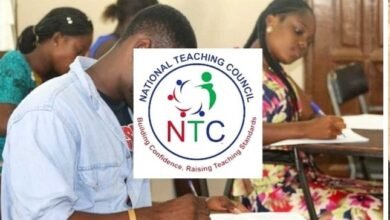Study Techniques for morning Learners


Study Techniques for Morning Learners
By JUSTMAnewshub
For students who find their peak productivity in the morning, using this time effectively can lead to better retention, understanding, and academic success. Morning learners have the advantage of starting fresh, with a rested mind that is more receptive to new information. However, to make the most of this time, it’s essential to adopt study techniques that enhance focus, comprehension, and efficiency.https://chat.whatsapp.com/HPfqFbuSt7fA2MVV742k2V
The first step to a productive morning study session is creating a distraction-free environment. A quiet space, free from unnecessary interruptions, allows the mind to fully engage with the material. Natural light and fresh air can also boost alertness, making it easier to absorb and retain information. Keeping study materials organized and having a clear plan for the session helps reduce wasted time and keeps the focus on learning.
Starting with the most challenging subject is another effective strategy. The brain is at its sharpest in the early hours, making it the ideal time to tackle complex topics or difficult assignments. Concepts that require deep concentration, such as problem-solving or critical analysis, are best approached when the mind is fresh. By addressing these tasks first, students can avoid mental fatigue later in the day.
Active learning techniques can also enhance morning study sessions. Instead of passively reading notes or textbooks, engaging with the material through summarization, self-quizzing, or teaching the content to someone else reinforces understanding. Writing down key points, drawing mind maps, or using flashcards are great ways to solidify concepts. These methods not only improve retention but also make studying more interactive and enjoyable.
Incorporating short breaks is equally important. The brain can only maintain intense focus for a limited time before productivity starts to decline. Using techniques like the Pomodoro method—studying for 25–30 minutes, then taking a 5-minute break—can help maintain concentration and prevent burnout. During breaks, simple activities like stretching, deep breathing, or drinking water can refresh the mind and prepare it for the next study session.
Morning learners should also pay attention to their energy levels. A nutritious breakfast, rich in protein and healthy fats, provides sustained energy and keeps the brain alert. Staying hydrated is equally crucial, as dehydration can lead to sluggishness and difficulty concentrating. A cup of tea or coffee can offer a gentle caffeine boost, but excessive consumption should be avoided to prevent energy crashes later.
Finally, consistency is key. Establishing a morning study routine and sticking to it trains the brain to be ready for learning at the same time each day. Over time, this habit strengthens focus and makes studying feel more natural and efficient. With the right techniques in place, morning learners can maximize their productivity, retain information better, and set themselves up for academic success.





Mitolyn Great information shared.. really enjoyed reading this post thank you author for sharing this post .. appreciated